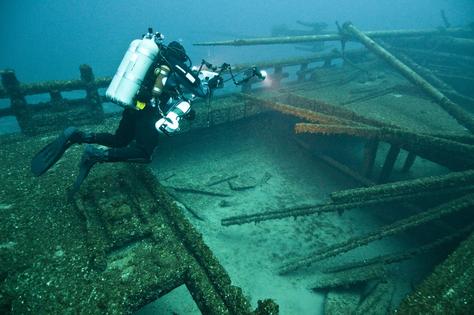Becoming a Marine Biologist: A Dive into the Deep Blue
Published in EDU Advice
Marine Biologists study the organisms that inhabit oceans and other saltwater environments. Students interested in this career path often start with a strong foundation in the biological sciences at the high school level. The minimum educational requirement is usually a bachelor's degree in Marine Biology, Zoology, or a related field.
Undergraduate programs typically cover marine ecology, zoology, chemistry, and physical oceanography. These programs often provide opportunities for field research, giving students practical experience in marine environments.
For more specialized roles or research positions, a master's degree or Ph.D. in Marine Biology or a closely related field is usually necessary. Research-intensive programs may focus on specific areas like marine genetics, conservation, or deep-sea ecology.
Fieldwork is an integral part of this career, often requiring scuba diving certifications or boating licenses. Professional organizations like the American Society of Limnology and Oceanography (ASLO) and the Marine Biological Association offer opportunities for networking, professional development, and specialized certifications.
This article was generated by Open AI with human guidance and editing along the way.









Comments